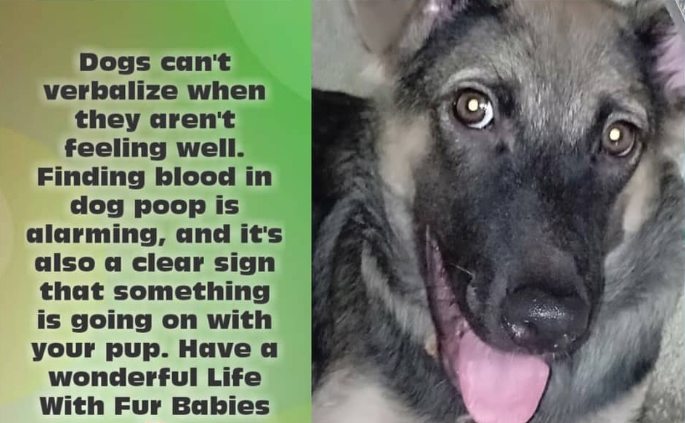Kennel Cough: What Pet Parents Need to Know
Symptoms of kennel cough
The most common symptom of kennel cough is a dry, hacking cough that sounds like goose-honking. Other symptoms may include:
- Sneezing
- Runny nose
- Lethargy
- Reduced appetite
- Fever
How is kennel cough spread?
Kennel cough spreads through the air through droplets of saliva and mucus released when an infected dog coughs or sneezes. Dogs can also become infected by contacting contaminated objects, such as food and water bowls, toys, and bedding.
How to prevent kennel cough
The best way to prevent kennel cough is to vaccinate your dog. The kennel cough vaccine is a combination vaccine that protects against the most common viruses and bacteria that cause the disease. The vaccine is typically given to puppies at 6-8 weeks of age, with booster shots every 6-12 months.
In addition to vaccination, there are other things you can do to help prevent your dog from getting kennel cough, such as:
- Keeping your dog away from other dogs that are sick
- Avoiding places where dogs congregate, such as kennels and doggie daycares
- Washing your hands thoroughly after handling any contaminated objects
If you think your dog has kennel cough
If you think your dog may have kennel cough, it is essential to take them to the vet immediately. Kennel cough can be severe, especially for young puppies, seniors, and dogs with underlying health conditions.
Treatment for kennel cough
Most cases of kennel cough are mild and can be treated at home with rest and fluids. However, your vet may sometimes prescribe antibiotics or other medications to help relieve your dog’s symptoms and prevent complications.
How to care for a dog with kennel cough
Here are some tips on how to care for a dog with kennel cough:
- Keep your dog at home and away from other dogs to prevent the spread of the infection.
- Provide your dog with a quiet, comfortable place to rest.
- Make sure your dog has plenty of fresh water to drink.
- Offer your dog small, frequent meals.
- You can give your dog acetaminophen or ibuprofen if your dog has a fever. Be sure to follow the dosage instructions on the label.
- If your dog’s cough is severe or does not improve after a few days, return them to the vet.
Complications of kennel cough
In some cases, kennel cough can lead to more severe complications, such as:
- Pneumonia
- Bronchitis
- Sinusitis
- Collapsed trachea
If you notice these signs in your dog, immediately take them to the vet.
When to be concerned
If your dog has any of the following symptoms, it is essential to take them to the vet right away:
- Difficulty breathing
- Lethargy
- Loss of appetite
- Fever
- Cyanosis (bluish gums)
Prognosis for kennel cough
Most dogs with kennel cough fully recover within 2-3 weeks. However, following your vet’s instructions carefully and keeping your dog away from other dogs until they are fully recovered is essential.
Kennel cough vaccine
The kennel cough vaccine is a safe and effective way to protect your dog from this contagious infection. The vaccine is typically given to puppies at 6-8 weeks of age, with booster shots every 6-12 months.
Conclusion
Kennel cough is a common but serious respiratory infection affecting dogs of all ages. The best way to prevent kennel cough is to vaccinate your dog. If your dog does get kennel cough, most cases are mild and can be treated at home with rest and fluids. However, taking your dog to the vet is essential if they have any severe symptoms, such as difficulty breathing, lethargy, or loss of appetite.



